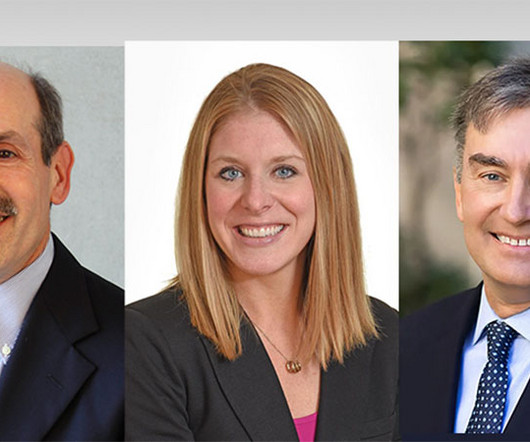Is there enough time for prevention in primary care?
Common Sense Family Doctor
FEBRUARY 28, 2025
Family physicians are being squeezed by two accelerating trends: (1) too few of us to care for the growing US population and (2) the rising number of tasks that we are asked to accomplish for each patient. Since 2020, the starting ages for breast, lung, and colorectal cancer screening were lowered to 40, 50, and 45 years, respectively.












Let's personalize your content